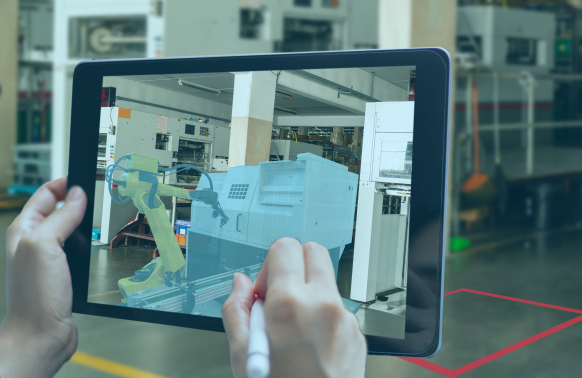The topic of gearbox failure causes is a critical concern for many industry professionals. Understanding these causes is essential for preventing significant disruptions in operations and avoiding costly repairs. Gearboxes are integral to many machines and ensuring their longevity is paramount.

Understanding Why Gearboxes Fail
Before diving into specific causes, it’s important to comprehend why gearboxes fail in the first place. Gearboxes undergo tremendous stress and are subject to various external factors that can lead to failure. Addressing these issues can significantly improve the lifespan of your equipment.
1. Poor Lubrication Practices
One of the most common gearbox failure causes is inadequate lubrication. Lubricants reduce friction between moving parts, and without proper lubrication, gearboxes can overheat and sustain damage. Regular lubrication checks and using the right type of lubricant can prevent this issue.
2. Contamination and Its Effects
Contaminants such as dirt and debris can enter the gearbox system, especially if it’s not sealed properly. These foreign particles can cause wear and tear, leading to unexpected breakdowns. Implementing stringent maintenance protocols can minimize contamination risks.
3. Misalignment Issues
Misalignment between gears can occur due to incorrect installation or structural shifts over time. This misalignment increases stress on gear teeth, accelerating wear. Periodic checks and calibrations can resolve alignment issues.
The Human Element in Maintenance
Human error is an often overlooked but prevalent factor in gearbox failures. Ensuring all staff are well-trained and follow procedures meticulously is crucial. This includes using tools correctly and adhering to maintenance schedules.
4. Excessive Loads
Pushing gearboxes beyond their designed load capacity can result in immediate failure. It’s vital to operate equipment within its limits and consider upgrades if your production demands increase.
5. Inadequate Installation Procedures
Improper installation is another leading cause of gearbox failures. Ensuring that professionals handle installation can make a significant difference in performance and longevity.
Learning from Past Failures
To prevent recurrent failures, its important to learn from past mistakes. Detailed failure analysis can reveal patterns and lead to more reliable preventative measures in the future. You can learn more about similar topics by reading [this article on analyzing equipment failures](https://strobox.ai/industrial-equipment-failure-analysis/), which offers comprehensive insights.
6. Temperature Management
Overheating is a common problem in gearboxes. Ensuring adequate ventilation and cooling systems can help to maintain optimal temperatures and prevent overheating.
Testimonials from Industry Experts
Industry professionals have shared their insights on gearbox failures in various forums. Their advice often includes focusing on regular maintenance and being proactive rather than reactive.
Steps to Improve Gearbox Lifespan
Improving the lifespan of gearboxes involves integrating best practices. This includes regular inspections, taking corrective actions in advance, and adhering to manufacturer guidelines.
7. Vibration Monitoring
Continuous vibration monitoring can help detect anomalies in real-time. Addressing these anomalies early can prevent more severe damage down the line.
8. Comprehensive Trainings
Equip your team with the knowledge needed to recognize early signs of failure. Investing in training programs can yield long-term benefits. Learn more about common causes of machine failure through this [informative guide](https://strobox.ai/common-causes-of-machine-failure/).
Leveraging Technology for Predictive Maintenance
Advancements in technology offer new ways to predict and prevent gearbox failures. Innovations like IoT sensors can provide real-time data, improving predictive maintenance frameworks.
9. Partnerships with Experts
Collaborate with experts who have a proven track record in maintaining gearboxes. These partnerships can bring invaluable insights and practices to your operations.
10. Regular Maintenance Schedules
Adhering to a strict maintenance schedule ensures that minor issues are addressed before becoming catastrophic. Learn about setting up effective maintenance routines in [this article](https://strobox.ai/how-to-prevent-machine-failure/).

FAQs on Gearbox Failures
What are the most common causes of gearbox failures?
Common causes include poor lubrication, contamination, misalignment, and exceeding load capacities.
How can I prevent gearbox failures?
Regular maintenance, proper lubrication, and ensuring good alignment are critical practices to prevent failures.
Do modern technologies impact gearbox reliability?
Yes, technologies like IoT sensors and predictive analytics improve maintenance protocols and help predict possible failures.
Adopting these strategies will not only minimize gearbox failure but enhance the operational longevity of your equipment. You can find more detailed insights on preventing equipment failure by visiting [this resource](https://www.fieldex.com/blog/top-7-causes-of-equipment-failure) which provides expert advice.
This article contains affiliate links. We may earn a commission at no extra cost to you.
